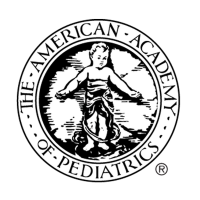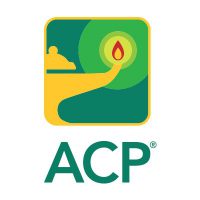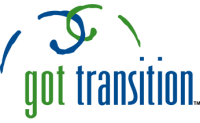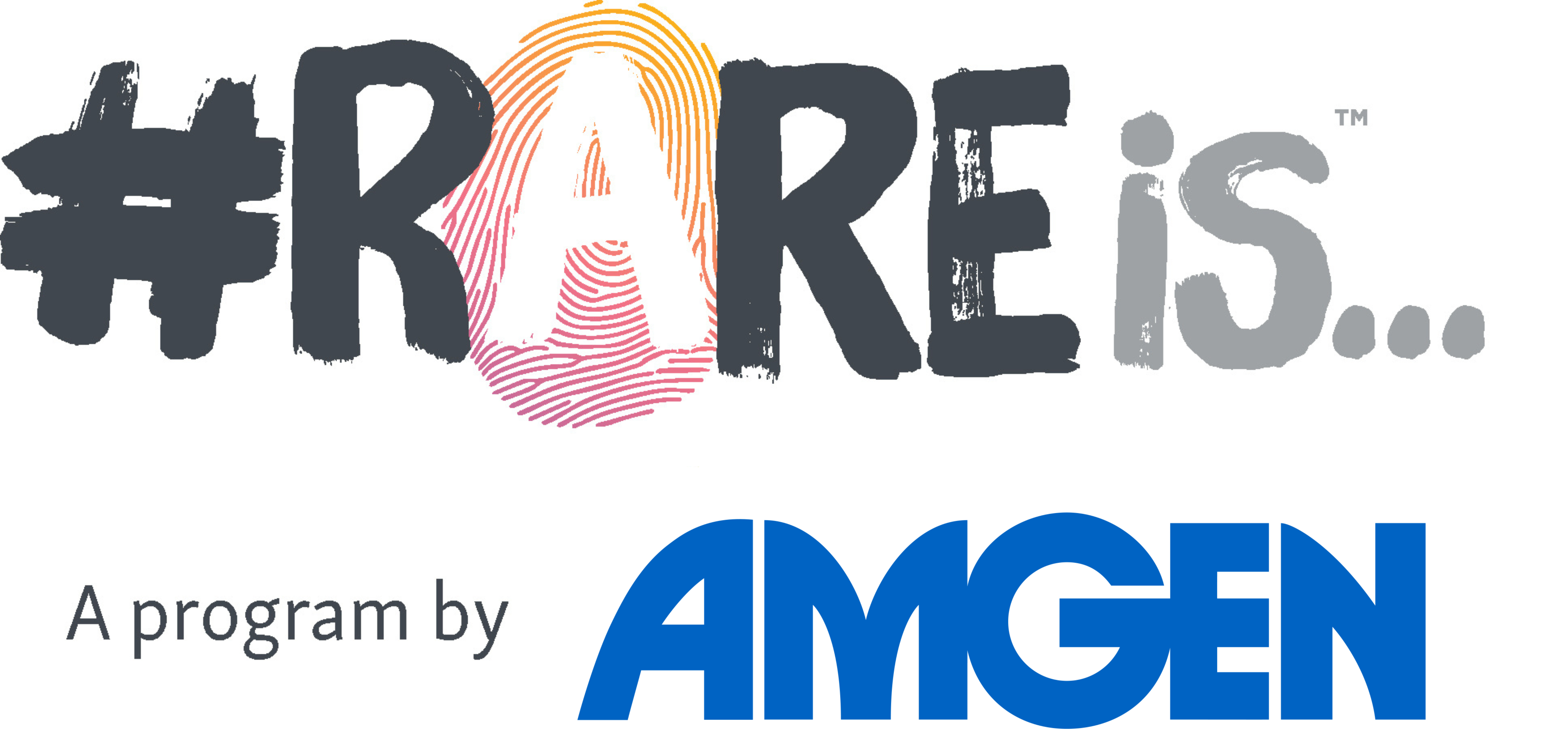Health care and medical transitions may vary by disease and the type of care required. Continuing proper care is critical to your health or the health of those you may care for who live with a rare disease. Preparing early can reduce challenges later in life.
The content in this section may not be applicable in all countries.
Health Care Transition
What is a health care transition for someone living with a rare disease?
An adjustment, change or decision that someone makes about their health needs or the health needs of a dependent who lives with a rare disease.
Common health care transitions are:
- Moving from a pediatrician to an adult health care provider
- A teen or young adult gradually taking over their own care, if possible
- Learning to use assistive equipment
Why should I be ready?
- Health needs may change with age. As you or your dependent get older, there will be different choices and circumstances that require unique care choices
- Young adults may need to take care of themselves and manage their medication and health care independently
- Proper health care transitions can lead to better health long-term and greater quality of life while living with and managing a rare disease
Who can help me?
- Your physicians and health care providers
- Your advocacy organization
- Other community members
When should I start?
You may want to consider beginning to plan for health care transitions during your child’s adolescence, and prior to when care shifts from pediatric to adult health care. You know the needs of your child and family best, so this is unique for everyone.
These resources from health care and advocacy organizations will help you be prepared for health care transitions.

Utilize the 8 Common Principles to Assist with the Transition of Care to help support youth, families, and child neurology teams in the medical transition from pediatric to adult health care systems. Whether you are someone living with a rare disease, an advocate, a provider or a supporter, visit the foundation’s website to access programs and tools specific to your needs.

Utilize this clinical report, Supporting the Health Care Transition from Adolescence to Adulthood in the Medical Home, that provides expert consensus on how to transition people from pediatric to adult health care to ensure uninterrupted care.

Utilize the ACP Pediatric to Adult Care Transitions Toolkit for critical resources for the young adult in transition and learn optimal self-care as an emerging adult. There are transition tools available for a variety of conditions ranging from intellectual/developmental disabilities to hemophilia, lupus, sickle cell disease, and Turner syndrome.

Utilize resources from the Got Transition/Center for Health Care Transition Improvement, a cooperative agreement between the Maternal and Child Health Bureau and the National Alliance to Advance Adolescent Health. Got Transition offers tools for health care providers, families, and researchers. Check out their Youth & Families page for user-friendly information about health care transitions including answers to common questions. They also have a downloadable resource called Turning 18: What it Means for Your Health, that discusses the medical and legal realities of turning 18.
